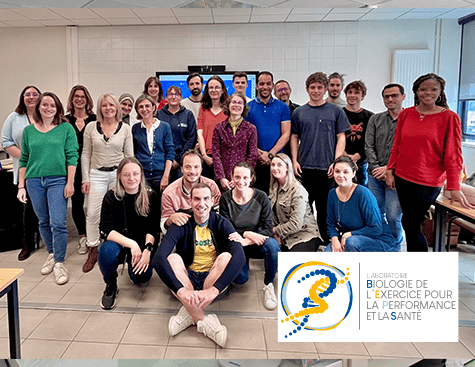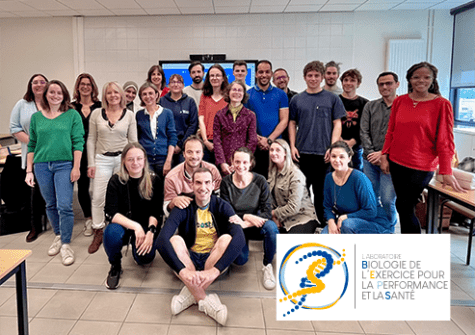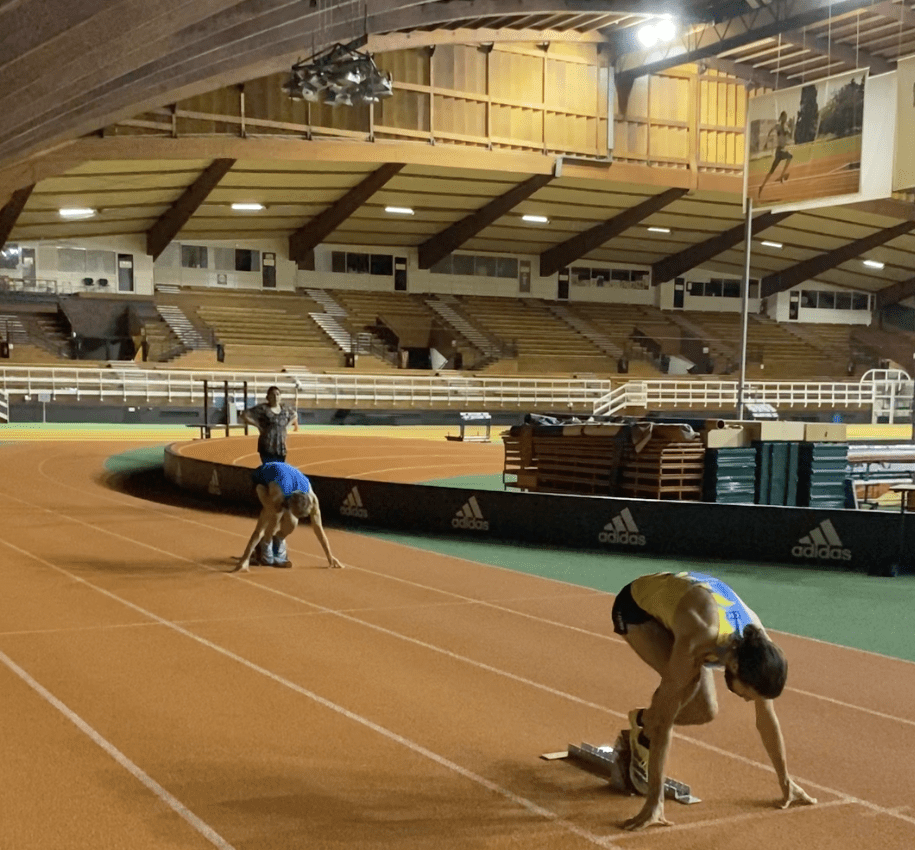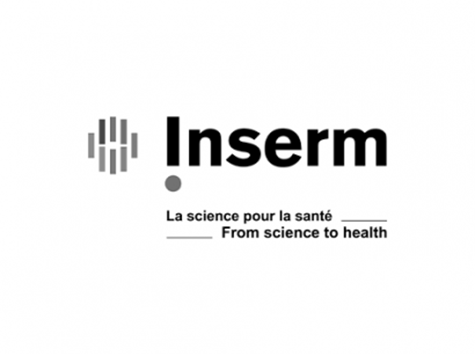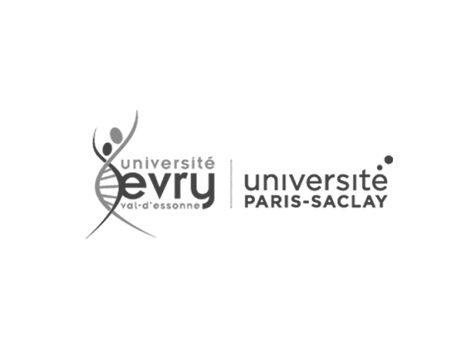With French athletes winning 64 Olympic and 75 Paralympic medals, the Paris 2024 Games lived up to their potential! That exceptional result placed France in the top ten of the 206 participating countries. Although the athletes were energized by the fervent support from the public during the Games, it is of course their intense training that made such performances possible. But, in addition to effort, commitment and passion, science too plays a role in athletic training.
At Genopole, the LBEPS is developing a scientific approach to both physical exercise for all, whether healthy or not, and intense physical training for athletes and military personnel. The lab’s latest studies show how scientific accompaniment can optimize athletic training.
The Exercise Biology for Performance and Health Laboratory (LBEPS, University of Évry-Paris Saclay / French Defense Health Service) studies the physiology of physical exercise down to the molecular level to enable personalized training programs. The laboratory’s goal is to optimize performance and preserve health in athletes. It also carries out research on metabolic diseases (e.g., diabetes) and muscular disorders for which physical exercise, scientifically adapted to each patient, can furnish therapeutic effects complementary to those provided by conventional treatments.
In two reports published this summer, LBEPS researchers teamed with colleagues from INSEP and French athletic (FFA) and rugby federations (FFR), to unprecedentedly demonstrate that a naturally alkaline diet based on vegetables and fruits, associated with bicarbonate-rich water consumption, helped to regulate metabolic disturbances that hamper performance during intense exercise.
Regulating acidosis, a limiting factor during muscular activity
Energy production during exercise lowers pH in muscle tissue and thereafter potentially in the blood. These acidotic disturbances affect enzymatic activities and protein expression in key processes of muscular activity, such as lactate use and oxidative phosphorylation.
Numerous studies on sodium bicarbonate supplementation have shown that this alkaline compound provides beneficial effects for the regulation of metabolic perturbations after intense exercise and for reducing fatigue. The administration of such supplementation usually takes the form of an artificial capsule, which can provoke gastrointestinal disturbances. A natural but alkaline-rich diet may also be able to influence this acid-base balance, an approach that the LBEPS researchers felt worthy of study.
Thus, as part of François Chiron‘s thesis work and in partnership with the French Federation for Athletics (FFA), a first study was published in May in the Journal of Human Kinetics. In it, athletes were randomly assigned to an alkalizing, vegetarian-prone diet or an acidizing, meat-prone diet for four weeks, and to a week of hydration with a bicarbonate-rich mineral water or a placebo water during weeks two and four. At the ends of weeks two and four, the athletes were subjected to a one-minute rowing Wingate Test (image above). By measuring blood and urine pH values, bicarbonate ion concentrations and lactate levels, the research team was able to show that the consumption of a bicarbonate-rich mineral water potentialized the beneficial effects of an alkalizing diet on acid-base balance, and reduced the acid load induced by an acidizing diet.
Optimizing performance
In a second study published in Nutrients in June 2024 (Chiron et coll. 2024b), the researchers put 22 athletes on an alkalizing diet and either bicarbonate-rich or placebo water then had them do a 400-meter run on three consecutive days. This study simulated international competitions, like the Olympics or world championships, where high-intensity races are done again and again, sometimes several times in a single day. Maintaining a high performance level under such conditions requires an ability to efficiently stimulate anaerobic glycolysis and aerobic metabolism at each race, and to regulate muscle or blood metabolic perturbations.
Using performance measurements, acid-base balance analyses and indirect markers of neuromuscular fatigue, the research team demonstrated the ability of the athletes to ensure maximum performance over three consecutive days. Indeed, the extreme metabolic perturbations resulting from the initial maximal performances did not compromise those that followed. The researchers also showed that an alkalizing diet associated with the consumption of 1.5 to 2 liters of bicarbonate-rich water in the 3 to 5 days preceding the event could improve performance during competitions involving repeated races. Of note in this study was that the beneficial alkalizing diet can be natural, based on vegetables and legumes and with limited animal-derived elements. This has the advantage of eliminating the digestive difficulties sometimes encountered with artificial dietary supplements in the form of bicarbonate capsules.
Better planning for pre-Olympic training
In a third article published in the Journal of Disabilities Sports and health Sciences, in January 2024 (Chiron et coll. 2024c), the LBEPS researchers teamed with colleagues from the University of Liverpool, the FFA and the National Sleep and Wakefulness Institute (INSV), to study the complex problem of pre-Olympic training planning, which has to dovetail intense training and preservation of the physical & mental well-being of the athlete. In this case study, the team worked with an elite female athlete over 291 days of preparation for the Tokyo Olympic Games.
The researchers looked specifically at the parasympathetic nervous system, and particularly vagal-mediated heart rate variability, to assess return to normal heart rate and respiration after exercise or stress.
The study showed that standing heart rate variability in association with subjective markers as described by the athlete (perception of effort, sleep, muscle pain, fatigue, and stress) constituted a monitoring tool pertinent for training adaptation. This involves such aspects as adjusting training session frequency, the content of each session, and particularly the refinement of training as the competition approaches with the goal of regulating the psychophysiological effects of stress during an Olympic season.
 Claire Thomas-Junius, former middle-distance runner and director of LBEPS: “The 2024 Olympic and Paralympic Games in Paris were not only an athletic triumph but also a successful demonstration of how science and innovation open new vistas for sports and health. Through the optimization of performance and the preservation of health for competitors, we are discovering a future where physical exercise will become a powerful ally for both athletes chasing medals and patients battling disease.”
Claire Thomas-Junius, former middle-distance runner and director of LBEPS: “The 2024 Olympic and Paralympic Games in Paris were not only an athletic triumph but also a successful demonstration of how science and innovation open new vistas for sports and health. Through the optimization of performance and the preservation of health for competitors, we are discovering a future where physical exercise will become a powerful ally for both athletes chasing medals and patients battling disease.”

